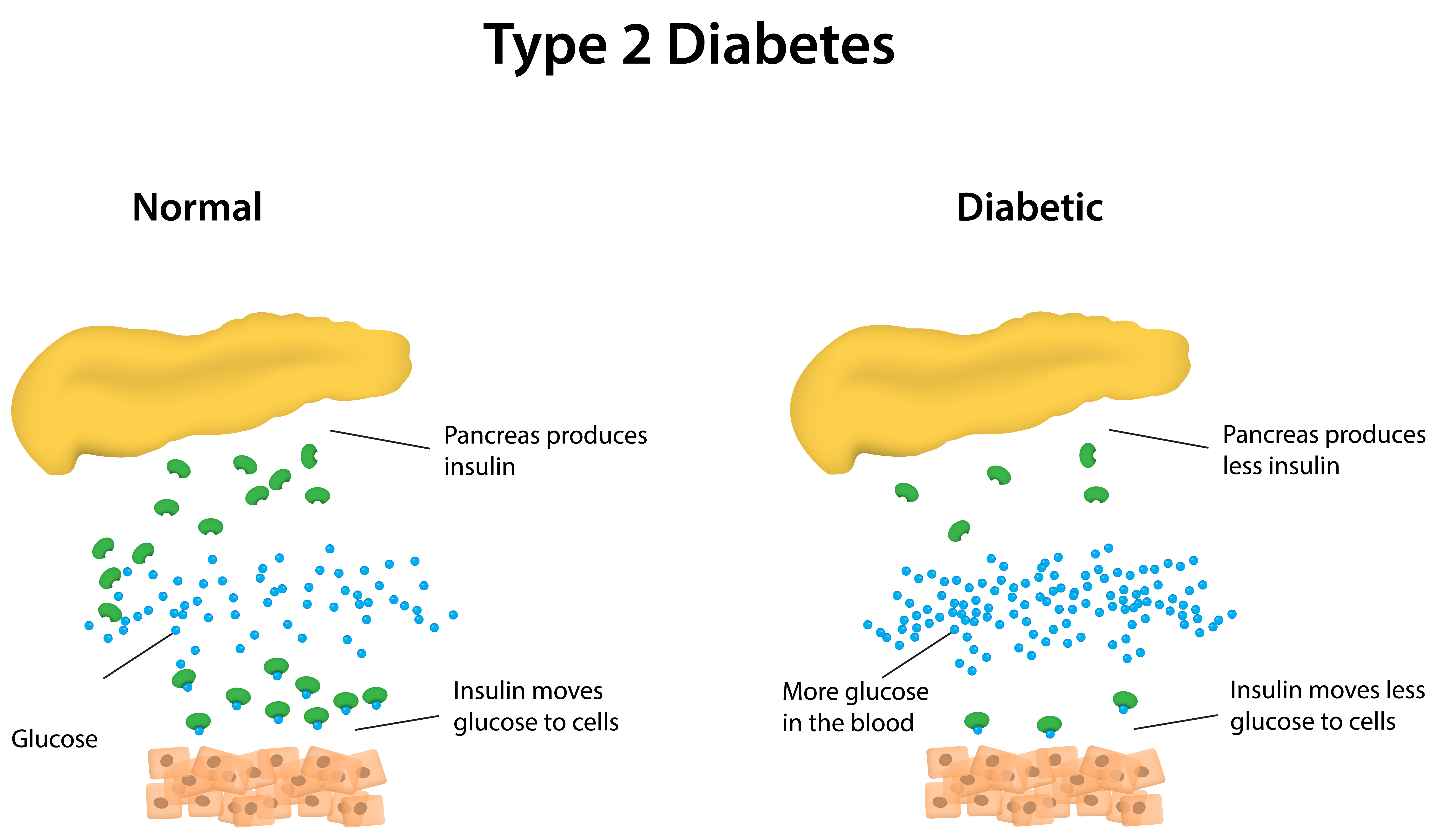 The Impact of Exercise and Diet on Diabetes Type 2 and Pre-Diabetes
The Impact of Exercise and Diet on Diabetes Type 2 and Pre-Diabetes
Maintaining control over pre-diabetes is crucial and essential. This chronic condition not only affects the cardiovascular and nervous systems but also poses a challenge for individuals. The most common cause of diabetes is the body’s inability to produce enough insulin or the body’s resistance to insulin. However, there are other potential causes as well.
Health professionals have consistently recommended adhering to a regular exercise regimen and modifying one’s diet to reverse diabetes type 2 and pre-diabetes. This recommendation has been issued on numerous occasions over the past few years. And it’s not just a suggestion; it is feasible for individuals with diabetes to reverse their condition by following a consistent exercise regimen and consuming a nutritionally balanced diet.
But what if surgery could prevent diabetes for a minimum of fifteen years? According to the most recent study, a few surgical procedures have the potential to do just that if performed at the appropriate time. The key is administering the therapies at the optimal time.
The utilization of gastric bypass surgery, for example, has shown promising results in impeding the progression of diabetes. Two studies were conducted to examine the influence of stomach procedures on diabetes, and the findings indicated that patients diagnosed with pre-diabetes had a reduced risk of developing diabetes over the next 15 years. These studies were presented at the 2024 Annual Scientific Meeting of the American Society for Metabolic and Bariatric Surgery.
In one study, researchers found that individuals who underwent gastric surgery and were combating extreme obesity and pre-diabetes had a lower likelihood of developing type 2 diabetes compared to those who did not receive the treatment. The results of another investigation showed that diabetes can be maintained in remission for a minimum of fifteen years following surgery. Additionally, most individuals who underwent this surgery experienced significant and lasting weight loss.
The impact of these findings on pre-diabetes is significant. In follow-up studies, it was found that only two percent of individuals who had undergone the operation developed diabetes five years after the procedure, and three percent developed diabetes ten years after the operation. In contrast, 31% of pre-diabetics who did not undergo surgery developed diabetes within five years, and 51% developed type 2 pre-diabetes within ten years of their initial diagnosis.
The findings were even more remarkable after a fifteen-year period. Less than seven percent of individuals who had undergone surgical treatment developed pre-diabetes, compared to sixty-eight percent of patients who were pre-diabetic and chose not to undergo surgery.
Furthermore, the investigation revealed that patients who underwent surgical procedures experienced a substantial decrease in their body weight, contributing to the preservation of their overall health in a favorable manner.
In conclusion, while exercise and diet modifications are recommended for managing diabetes type 2 and pre-diabetes, surgical procedures such as gastric bypass surgery have shown promising results in preventing the progression of diabetes. These procedures not only decrease the risk of developing diabetes but also lead to significant weight loss and improved overall health. It’s important for individuals with pre-diabetes to consider all available options and work closely with healthcare professionals to determine the best course of action for their specific situation.

